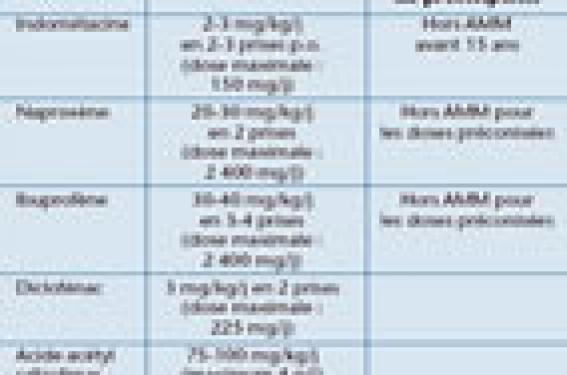Trazodone is an antidepressant commonly prescribed to treat depression and sleep disorders. Although this medication can provide relief to many patients, it is essential to understand the potential side effects associated with its use. Adverse effects such as drowsiness, dizziness, or more serious complications can occur, making careful medical monitoring necessary during treatment. A good understanding of the indications and risks associated with trazodone helps ensure safer and more effective use of the medication.
Trazodone is a psychotropic medication classified among antidepressants, primarily used to treat depression. However, it is also prescribed for the treatment of sleep disorders, notably insomnia. Prescribing this medication requires particular attention, as it can lead to significant side effects, sometimes severe. This article examines in detail the medical prescription of trazodone and its associated adverse effects, in order to provide accurate and essential information to patients and healthcare professionals.
Use and prescription of trazodone
Trazodone is commonly used in the context of depressive therapy and is distinguished by its ability to induce sleep in some patients. As an antidepressant, it primarily works by modulating the balance of neurotransmitters in the brain, particularly serotonin. This mechanism of action helps alleviate depressive symptoms while facilitating sleep onset. Therefore, it may be prescribed when other treatments are ineffective.
The prescription of trazodone is generally done at a low dose, especially when used to treat insomnia. It is crucial to follow the recommendations of the healthcare professional, who must evaluate the patient’s medical history and any potential drug interactions. The doctor will also monitor the patient’s responses to treatment, adjusting dosages as necessary.
The side effects of trazodone
Like any medication, trazodone comes with a range of potential side effects. While some patients tolerate the treatment without notable issues, others may experience adverse reactions. Some of the most common side effects include:
- Excessive sedation: Although sedation is the reason trazodone is often prescribed, some patients may experience excessive drowsiness during the day.
- Gastrointestinal disturbances: Nausea, vomiting, or diarrhea may occur.
- Weight changes: Weight gain or loss are effects sometimes observed, causing concern for many patients.
- Cardiac problems: In rare cases, trazodone may cause abnormalities in heart rhythm, which deserves particular attention.
- Vision problems: Effects such as blurred vision may also occur, affecting the patient’s quality of life.
Furthermore, it is essential to mention more serious side effects that require immediate medical attention, such as:
- Serotonin syndrome: A potentially life-threatening reaction resulting from an excessive concentration of serotonin, manifesting with symptoms such as agitation, confusion, hallucinations, and cardiac rhythm disturbances.
- Bleeding risk: An increased risk of bleeding related to interference with blood coagulation is a concern, particularly in individuals taking anticoagulants.
Patients using trazodone should be informed about these side effects and have easy access to their healthcare professional to discuss any adverse reactions. Open communication between the patient and the doctor is essential to ensure the effectiveness of the treatment while minimizing risks.
Useful conclusion for the patient and healthcare professional
In evaluating the prescription of trazodone, it is imperative to consider the balance between benefits and risks. Although it is beneficial in treating depression and insomnia, monitoring side effects is crucial. Patients should always follow their doctor’s instructions and report any adverse effects. Healthcare professionals, for their part, should remain vigilant regarding drug interactions and pre-existing health problems that may exacerbate the effects of trazodone.
FAQ about medical prescription and side effects of trazodone
A: Trazodone is primarily used to treat mood disorders such as depression. It may also be prescribed for other reasons at the discretion of the physician.
A: The side effects may include a feeling of drowsiness, dizziness, dry mouth, and gastrointestinal disturbances. More serious effects, such as cardiac problems, may also occur.
A: Yes, this medication may increase the risk of suicidal thoughts in young adults. There are also risks of serious side effects and dependence if used long-term.
A: If an overdose is suspected, it is crucial to immediately call a poison center or consult a physician and provide all necessary information about the medication taken.
A: Individuals with a history of heart problems, abnormal heart rhythms, or allergies to trazodone should not take it without a physician’s advice.
A: It is advised to take trazodone just after a meal or light snack, and the tablets should not be crushed or chewed.
A: Signs of an allergic reaction include itching, a rash, difficulty breathing, and swelling of the face, tongue, or throat.












